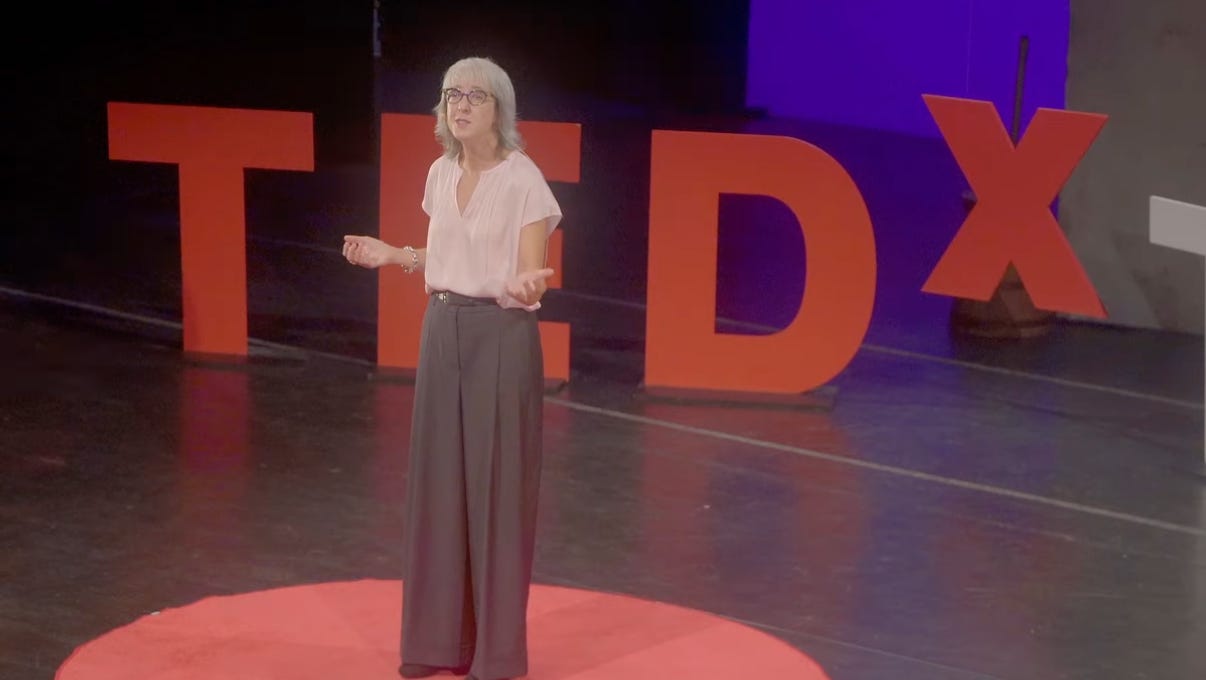Mic Check Volume 25: The inverted pyramid rule
Harsh but true branding rule #1: no one cares who you are.
Do you have a big presentation coming up? Use Rhetoric. We make it mind-blowingly easy to practice and get feedback from your team.
Our team is in the middle of some deep positioning work this week. At its core, of course, the way we position our businesses is a story, and classic storytelling best practices apply.
But the truth is, most of us are very bad at telling our brand story. Why? Because it’s not about our story at all. It’s actually about our audience—which, conveniently, is the very first component of a rock-solid positioning statement.
This concept has always made sense to me in a peripheral sort of way, but this 2017 piece (man, the hits just don’t age) by Steve Bryant really brought it home for me. It’s a lesson from journalism: the inverted pyramid. You always lead with the bit that’ll interest the widest swath of your audience, then progressively get more and more specific:
In the case of businesses, though, we tend to tell our brand stories like this:
It makes me think of every homepage I’ve seen just today with hero copy that says some variation of “here’s what we do and why we’re better than the other guys.” What a missed opportunity to lead with your audience, eh?
Whether you’re in the positioning phase like us or working on demand generation strategy, the inverted pyramid rule is applicable. Give it a read and let me know what you think.
Happy weekend,
Raman at Rhetoric
📚 What’s made me a better storyteller this week



✨ What I’m trying next week
Simple sentences: we know they make it easy to read what we write. But how often do we speak in simple sentences? If you’re like me, the answer is rarely. For most of us, our spoken sentences wander until they encounter friction: a response, a competing idea, or the sense that we’re losing our audience. But simple sentences are the easiest for listeners to understand, and add punctuation to ideas that otherwise might be lost. So, my challenge for this week: for at least one meeting, try ending each spoken thought with a simple sentence.


